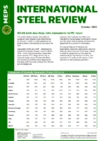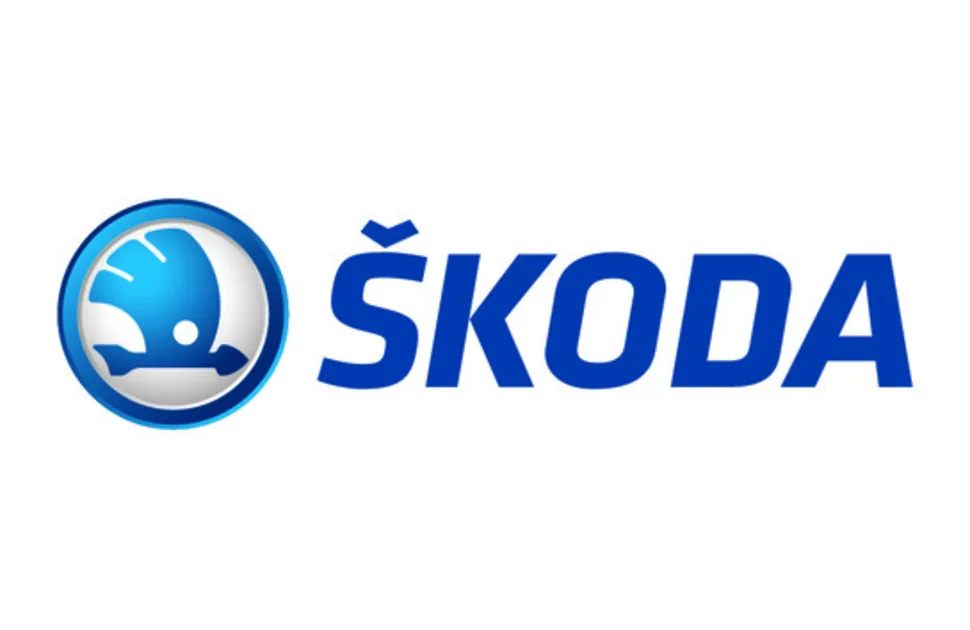Turkish earthquake to impact global steel supply chain
Demand for steel had been picking up, in Turkey, particularly from the real estate sector. However, following the devasting earthquake that took place on 6 February, market activity was paused. Efforts to save as many people as possible were, quite rightly, the main priority. Equipment from local manufacturers and steelmakers was utilised in the rescue and recovery operation.
The port of Iskenderun was severely damaged and inbound cargoes, including those of scrap steel, were diverted. It could take several months before port operations return to normal. All activity, for now, is concentrated on housing survivors who have been displaced by the earthquake.
Several steel mills in the vicinity have halted their operations and declared force majeure on contracts with their customers. Steel production in the country will fall, initially. This will impact supply both inside and outside Turkey.
Exports of finished steel will be drastically reduced. Turkish suppliers shipped an annual average of almost 20 million tonnes of finished steel around the world, over the past five years. A substantial proportion of this volume will be removed from the global supply chain.
Production at many Turkish steelmakers was reduced following a hike in electricity rates, last September. Mills in the country sought ways to cut other costs in order to remain competitive in the local and international markets.
However, export offers of finished steel into Europe became unattractive, in late 2022. Consequently, few orders were placed. Total export volumes from Turkey fell by approximately 50 percent in the fourth quarter of last year, compared with the same period in 2021. This will, initially, reduce the impact from the recent earthquake, on supply to the European steel sector. The EU accounts for around 30 percent of total Turkish export volumes, based on a five-year average.
Rebar is the largest product, by volume, exported from Turkey, and will be one of the key materials needed in the rebuilding efforts, following the earthquake. More than a third of all rebar exported, in the past four years, was destined for the Middle East market. Around 4 million tonnes of finished steel products is imported into this region from Turkish suppliers, each year. How much of this supply will be lost is, as yet, unknown, but the need to replace, potentially, more than 2 million tonnes per year of rebar alone will, almost certainly, push global export prices upwards.
A surge in demand for steel in Turkey is expected when rebuilding efforts get fully underway. Chinese and other low-cost Asian suppliers will attempt to boost their sales volumes to the country. This is likely to tighten availability in the global steel market. In the short term, we anticipate that the reduced availability of finished steel from Turkey will, at least partially, ease the current oversupply pressures in the European and Asian long product sectors.

Source:
International Steel Review
The MEPS International Steel Review is an essential monthly publication, offering professional analysis and insight into carbon steel prices around the world.
Go to productRequest a free publication





